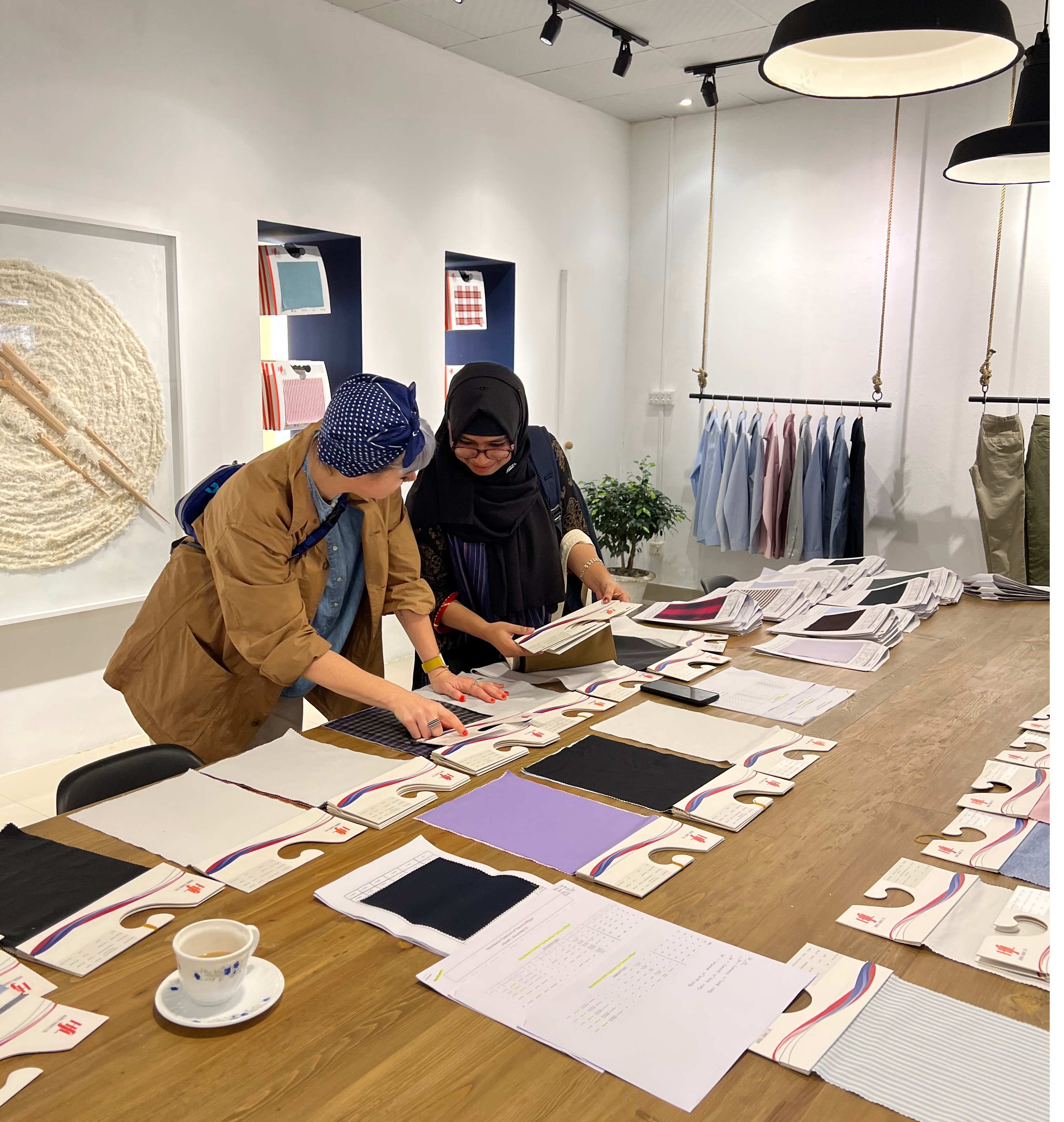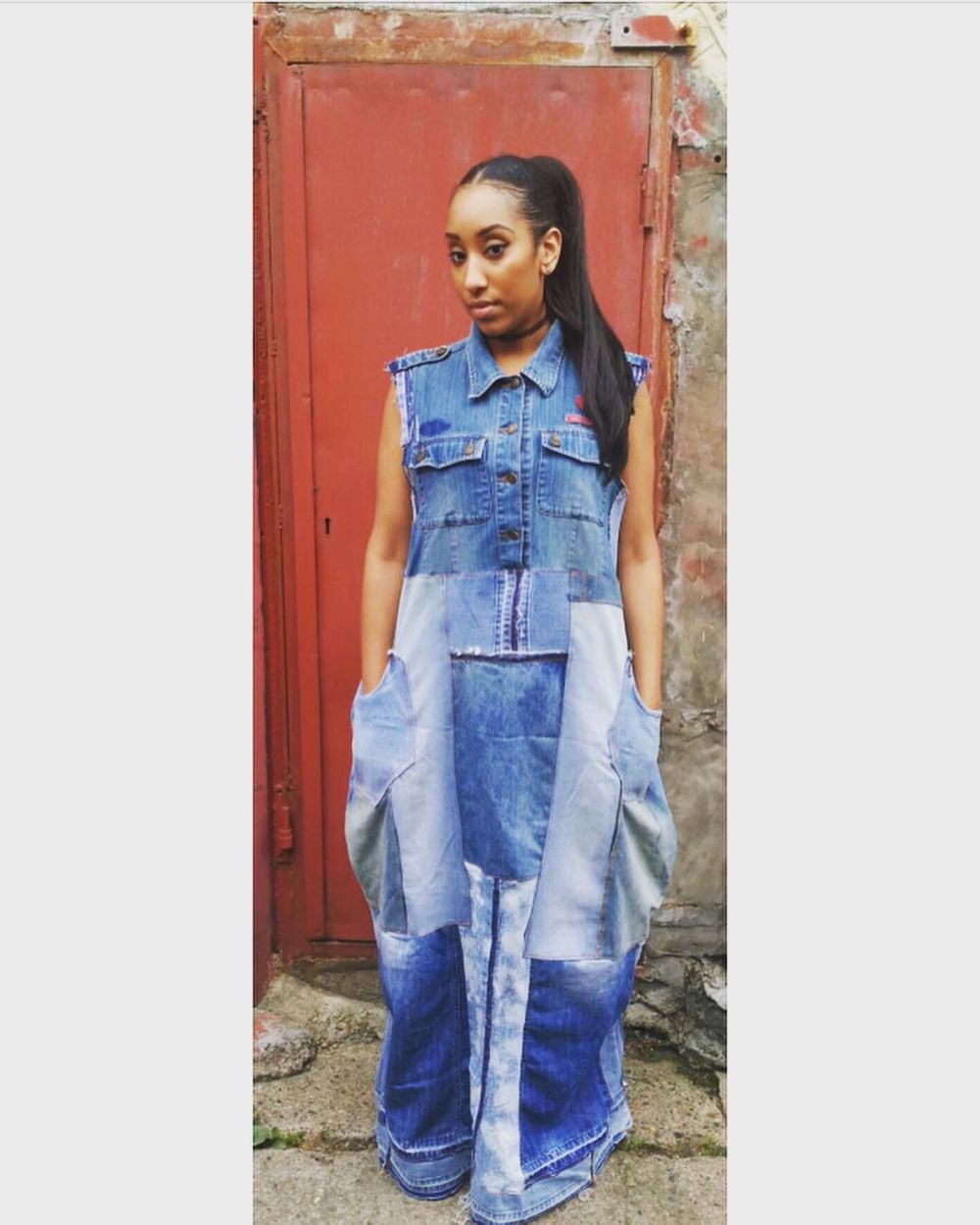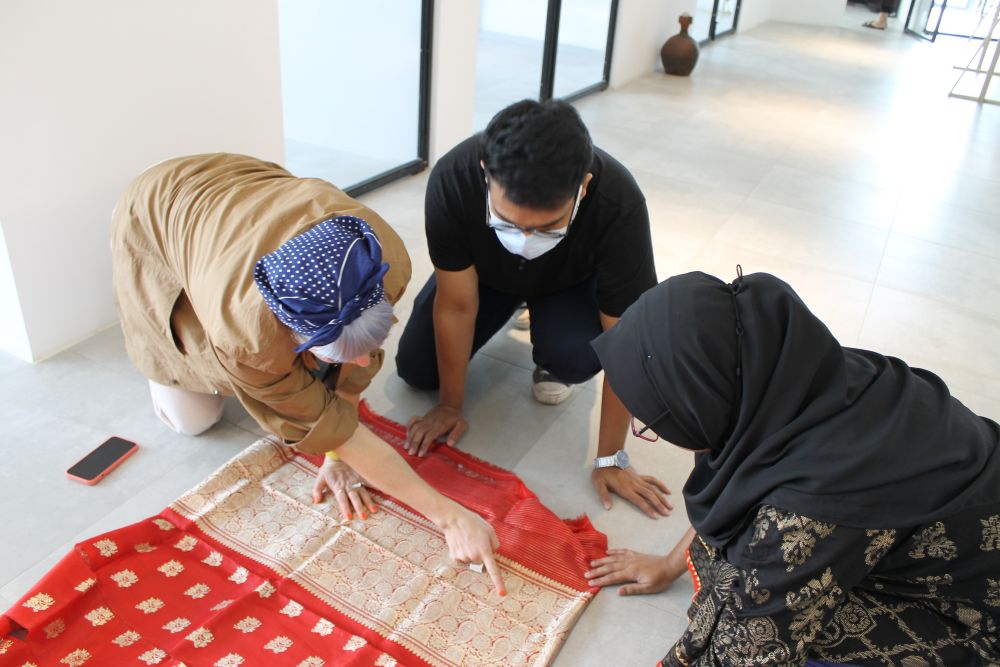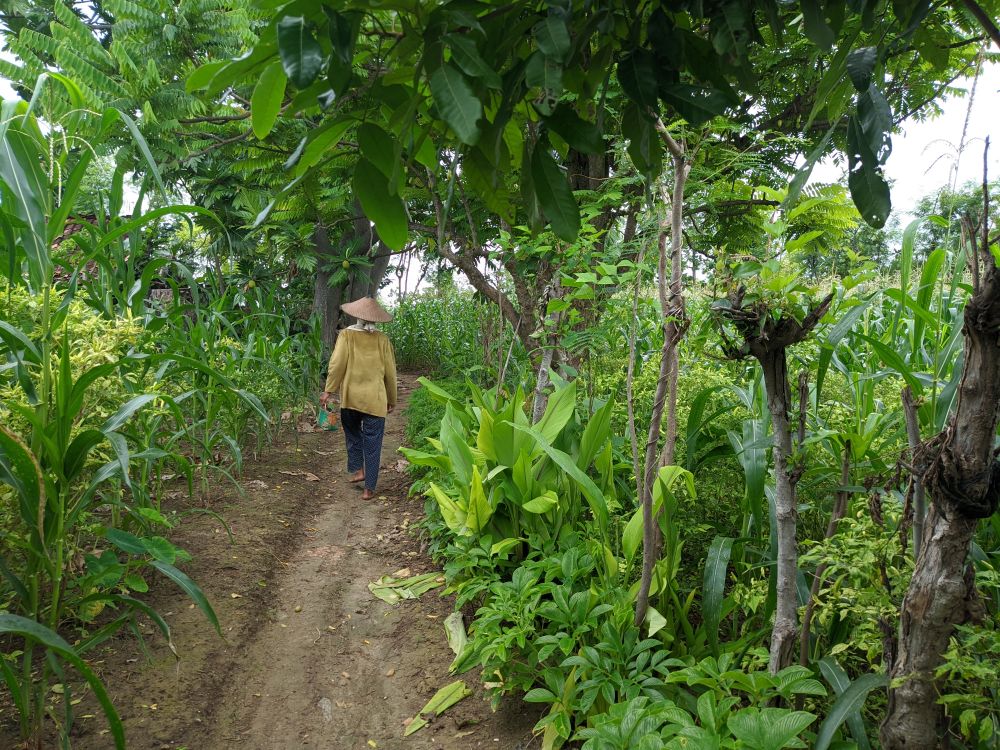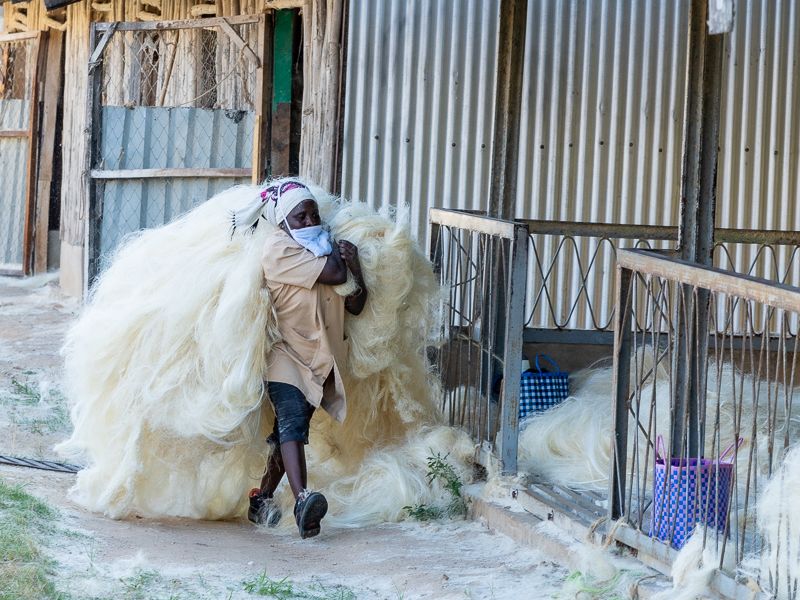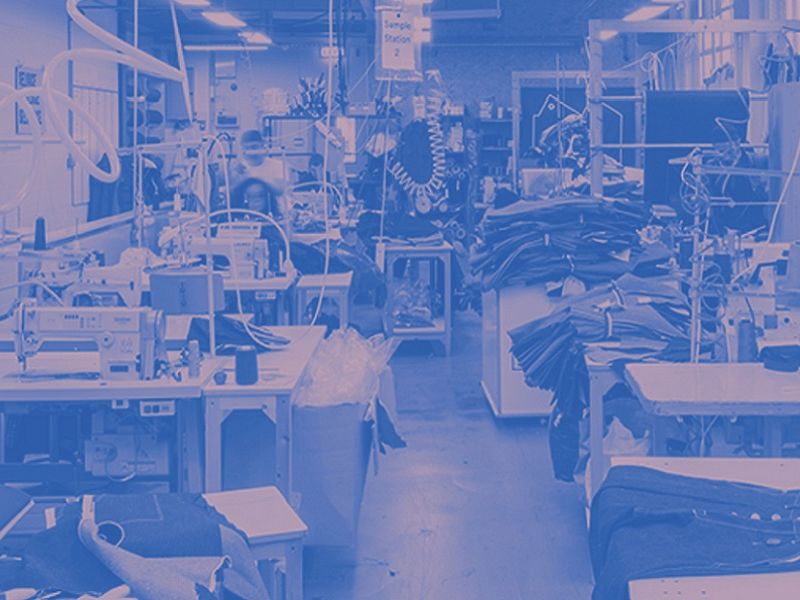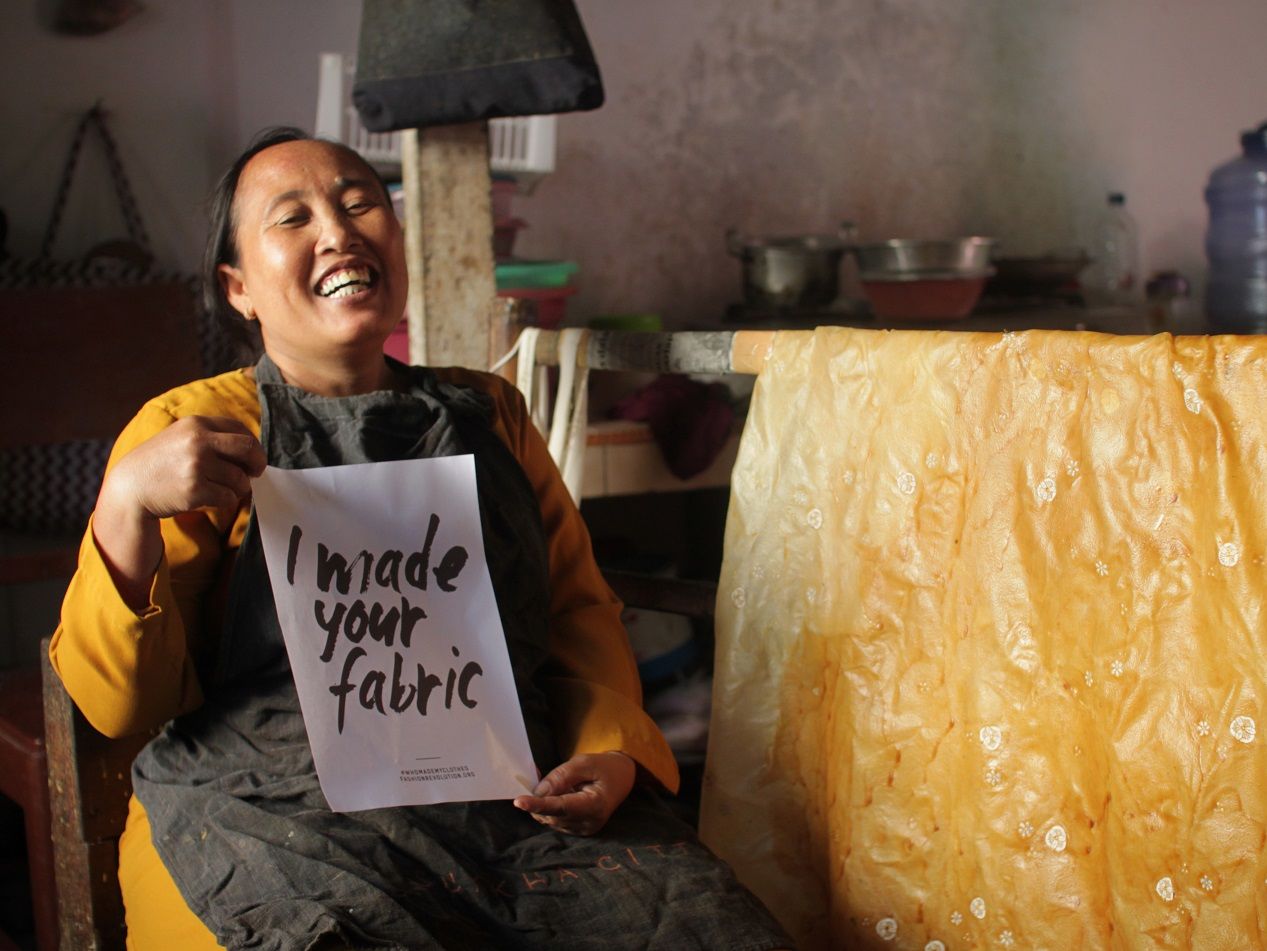
Five UK and overseas small business partnerships in £100k sustainable fashion, textiles and technology catalyst programme
UAL FTTI in partnership with British Council are pleased to announce 5 UK and ODA country SME pilot partnerships, to share £100k funding and business support for sustainable design and production.
